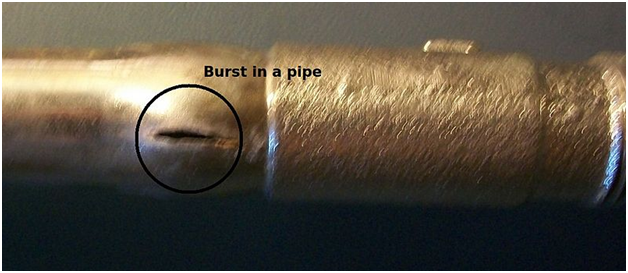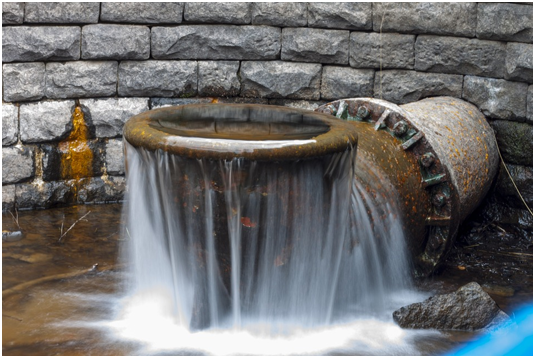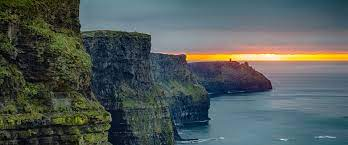Our heating and water supplies can become vulnerable to problems such as pipes freezing and bursting when the weather becomes cold and stormy.

Fixing burst pipes
The Met Office provides advice on what to do if you have a frozen or burst pipe. This includes turning off your stop tap immediately, thawing out the frozen pipes slowly, and using a hairdryer on its lowest setting, towels soaked in warm water, or hot water bottles. If your pipe bursts while it is thawing, you will need to turn the mains water supply off using the stopcock and contact a plumber to come and fix the problem.
Precautions against burst pipes
We would all rather prevent the problem happening in the first place rather than suffer the consequences of burst pipes. Let’s look at the precautions you can take:
Lag your pipes
Lagging is insulating foam that can be wrapped around pipes. This is particularly important when the pipes are outside and in exposed areas.
Lag taps outdoors
Taps for hoses or outdoor water features need to be covered in protective lagging when it gets cold. Remove any hose attachments and put the protective foam directly around the tap.

Fix dripping taps
Get any dripping taps fixed before winter arrives. If taps freeze, they can lead to blocked and burst pipes.
Keep the heating on
Even if you are going to be away for a few days, keep some heating on in your house to reduce the risk of your pipes freezing and bursting. Keep the thermostat low at 14°C and you should be safe.
Warm your roof space
If you have a cold water tank in your roof space, leave the trap door open in extreme weather to enable warm air to flow up. There is a chance that unlagged water tanks and pipes could freeze. Keep the contact details of a plumber and a boiler installation Bristol company close by.
Experts in Boiler Installation Bristol will also be able to fit insulation and take preventative measures to protect your existing heating system to reduce the risk of burst pipes.
Take these precautions with your pipework and you will be less likely to experience problems with frozen and burst pipes in your heating and plumbing systems when the cold weather arrives.



